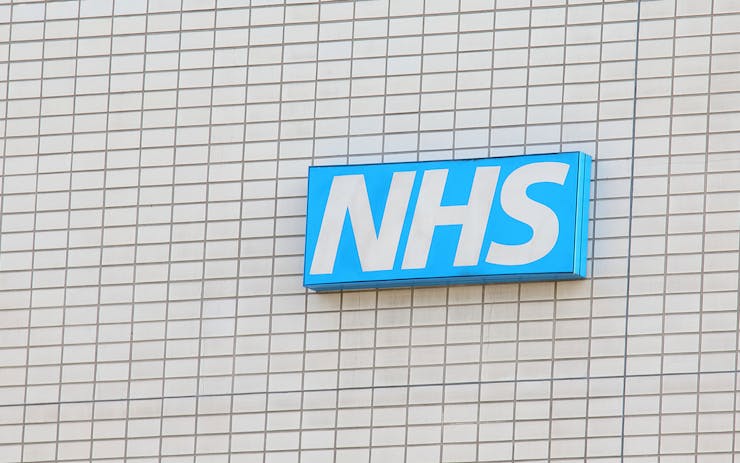For the first time, the UK’s National Health Service (NHS) has approved two CBD drugs, a landmark decision that paves the way for cannabis-based medicine in the country.
Named Epidyolex and Sativex, and targeting epilepsy and multiple sclerosis (MS) respectively, the drugs were approved following new guidelines issued by the UK’s drug advisory body NICE (National Institute for Health and Care Excellence).
Although previously available for private purchase, this approval is significant because it signals the NHS’s acceptance of CBD-based medicines. Both drugs are already available in Canada and the United States (where Epidyolex is spelled Epidiolex).
About the drugs
The first of the two new drugs, Epidyolex, is a purified oral solution approved for children with two rare types of severe epilepsy: Lennox-Gastaut syndrome and Dravet syndrome.
Both syndromes can cause multiple seizures a day; in their report NICE pointed to clinical research concluding the drug can reduce the frequency of seizures by up to 30% after six months’ use. Epidyolex contains CBD, but no THC.
Sativex, the other drug approved for use, is a mouth spray that contains a mix of CBD and THC. It is designed to treat muscle stiffness and spasms in patients living with MS.
Reaction to the news
The announcement was big news for cannabis-based compounds in medicine, particularly CBD, which has been experiencing a boom in Britain over recent years.
However, while they welcomed the news, experts and charities advocating for cannabis-based medicine in the UK say there’s more work to be done.
“These guidelines are an important first step, but don’t go far enough,” said Genevieve Edwards, the MS Society’s director of external affairs.
Shop highly rated dispensaries near you
Showing you dispensaries near“No cannabis-based treatments have been recommended to treat pain, a common symptom of MS. Additionally, because Sativex will be funded by local bodies—who might not have the resources they need to prescribe it—even more people could miss out. We’re calling on the next UK government to accelerate research and remove barriers to this vital treatment, so cannabis for MS can finally become a reality.”
Elsewhere, Epilepsy Action deputy chief executive, Simon Wigglesworth said: “NICE’s decision means that Epidyolex is now the first cannabis-based medicine to be licensed and recommended for epilepsy in the NHS. Epilepsy Action are delighted that a new treatment option is now available for people with Dravet syndrome and Lennox-Gastuat syndrome, two severe and treatment-resistant epilepsies.”
“Epidyolex is not a silver bullet,” he continued. “However there is high-quality clinical evidence that this treatment can reduce the number of seizures caused by these epilepsies. As the name suggests, new treatment options for treatment-resistant epilepsies do not come about very often. The decision by NICE to recommend Epidyolex offers a potential way forward for people affected. It’s not an overstatement to say that it could be life changing for some.”
The illicit market
While overall reaction to the news was positive, it also highlighted the demand for cannabis medicine in the UK, and the sprawling illicit market that has sprung up to meet it.
According to research conducted by The Centre for Medicinal Cannabis (CMC) there could be as many as 1.4 million people using illicit cannabis to treat diagnosed medical problems—or roughly 2.8% of the country’s adult population.
The national survey, which is the largest ever polling sample of its kind, also showed that more than half (56%) of those using cannabis for their conditions reported doing so on a daily basis, with a further 23% consuming on a weekly basis.
“For the first time we have reliable, representative data regarding the number of people in Britain using cannabis as a medicine,” said Dr. Daniel Couch, medical lead at the CMC.
“Over a million people are using cannabis illegally to relieve their symptoms. The findings are astounding and present a national challenge. We urgently require robust clinical evidence to evaluate the safety and efficacy of cannabinoid medicines”





